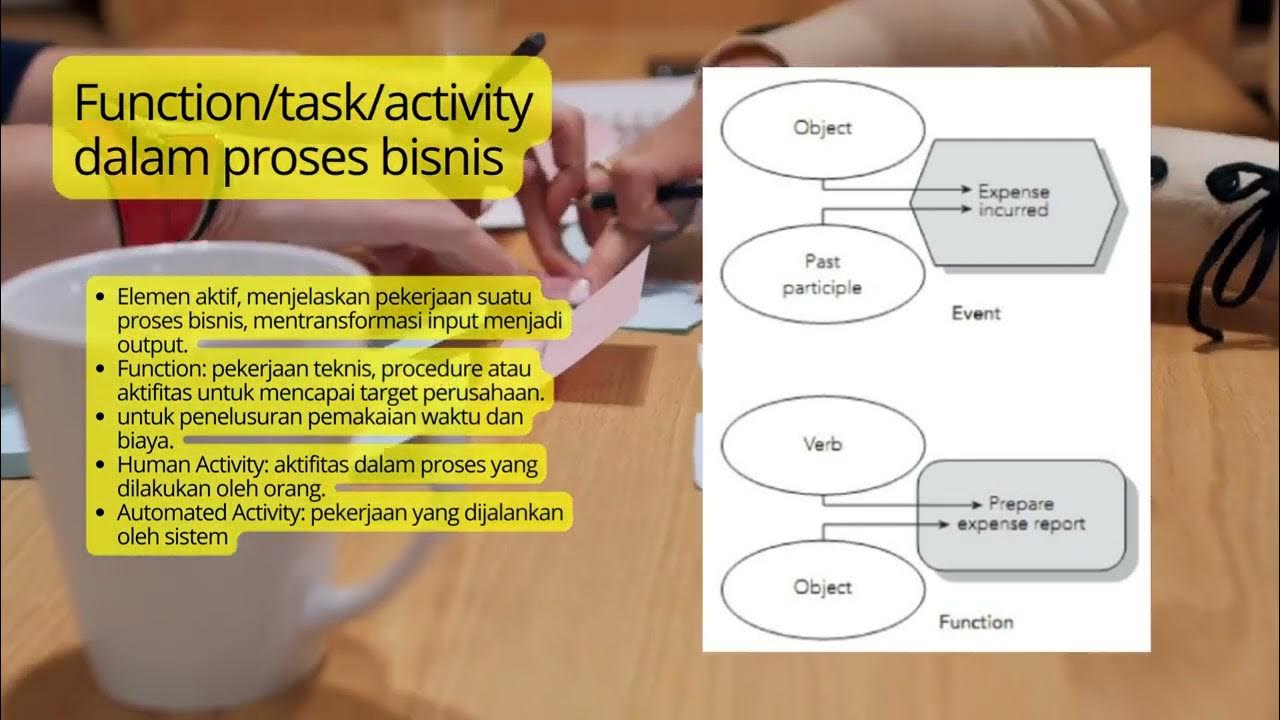SPM(Software Project Management) with real life examples
Summary
TLDRThis video delves into Software Project Management (SPM), an essential blend of art and science for planning and executing software projects. It highlights the pivotal role of the project manager in leading teams, overcoming challenges like technological changeability and project complexity. The video outlines key responsibilities, including planning, organizing, staffing, directing, monitoring, controlling, innovating, and representing. It also emphasizes the need for a project manager to possess a range of skills, from managerial and technical to problem-solving and communication. The script provides a comprehensive guide to the intricacies of SPM, from estimation and risk management to scheduling and achieving milestones.
Takeaways
- 🎓 **Software Project Management (SPM) Overview**: SPM is described as both an art and a science, focusing on planning and leading software projects to successful completion.
- 👨💼 **Project Manager's Role**: The project manager is the administrative leader responsible for guiding the team to deliver the project successfully to the client.
- 🚀 **Main Goal of SPM**: The primary objective of SPM is to assemble a skilled team that can effectively build and deliver the project to meet client expectations.
- 📈 **Challenges in Software Projects**: Software projects face unique challenges such as rapid technological change, complexity, and the need for uniqueness in the market.
- 🔄 **Changeability**: The fast pace of technological change can render a project obsolete if it is not delivered promptly, emphasizing the importance of timely execution.
- 🏗️ **Complexity in Software**: The complexity of software projects, often measured in lines of code, requires meticulous planning and management.
- 🌟 **Uniqueness and Competition**: Every software project is unique, and competition in the market can make it challenging to stand out and succeed.
- 🛠️ **Project Manager's Skills**: A successful project manager must possess a range of skills including managerial, technical, problem-solving, and communication abilities.
- 📊 **Planning and Organizing**: Key responsibilities of a project manager include planning, organizing resources, staff management, and ensuring the project stays on track.
- 🔍 **Risk Management**: Assessing and managing risks is crucial in software project management to prevent setbacks and ensure project success.
- 📈 **Estimation and Scheduling**: Accurate estimation of project size, effort, duration, and cost is fundamental to effective project planning and scheduling.
Q & A
What is Software Project Management (SPM)?
-Software Project Management (SPM) is the art and science of planning and leading software projects. It involves coordinating the efforts of a team to successfully complete a project and deliver it to the client.
Why is proper planning crucial in software projects?
-Proper planning is crucial in software projects because it helps to avoid failures that can occur due to a lack of foresight in areas such as cost, project size, staffing, and revenue generation models.
What challenges does software project management face?
-Software project management faces challenges such as changeability in technology, complexity due to the size and functions of the software, uniqueness of each project, and the need for multiple solutions to meet diverse requirements.
What is the role of a project manager in software project management?
-The project manager in software project management acts as the administrative leader of the team, responsible for planning, organizing, directing, monitoring, and controlling the project to ensure its successful completion and delivery.
How does the rapid change in technology affect software projects?
-The rapid change in technology can make a software project obsolete if it is not delivered on time. Delays in project completion can result in the project becoming irrelevant due to technological advancements.
What are the key responsibilities of a project manager?
-Key responsibilities of a project manager include planning, organizing, staffing, directing, monitoring, controlling, innovating, and representing the project to the client or users.
What skills are necessary for a project manager?
-A project manager needs managerial skills, technical strength, problem-solving skills, coping skills, conceptual strength, leadership qualities, and strong communication skills.
What is the significance of estimation in project planning?
-Estimation is significant in project planning as it involves calculating the cost, duration, effort, and resources required to complete the project. It helps in setting realistic project goals and managing expectations.
How does risk management play a role in software project management?
-Risk management in software project management involves analyzing and assessing potential risks that could impact the project. It is crucial for planning mitigation strategies to prevent or minimize the effects of these risks.
What is the importance of achieving small milestones in a software project?
-Achieving small milestones in a software project is important as it allows for the tracking of progress and ensures that the project is on track. It also helps in maintaining motivation and provides a sense of accomplishment for the team.
How does the project manager ensure quality in the software project?
-The project manager ensures quality in the software project by implementing a quality assurance plan, which includes processes for testing, validation, and verification to meet the required standards and client expectations.
Outlines

This section is available to paid users only. Please upgrade to access this part.
Upgrade NowMindmap

This section is available to paid users only. Please upgrade to access this part.
Upgrade NowKeywords

This section is available to paid users only. Please upgrade to access this part.
Upgrade NowHighlights

This section is available to paid users only. Please upgrade to access this part.
Upgrade NowTranscripts

This section is available to paid users only. Please upgrade to access this part.
Upgrade NowBrowse More Related Video

SOFTWARE PROJECT MANAGEMENT LECTURE 01 ''Introduction & Importance of SPM'' BY Mr Santosh Kumar Upa

What is Project Management? Introduction in 7 Minutes (PMP/CAPM Basics/PMBOK Guide 101)

RPL-4 Perencanaan Perangkat Lunak

Project Management Life Cycle | #bscit #spm #bsccs

Resource Planning for Projects: A Guide - Project Management Training

RPL 1 1 Proses Bisnis Pengembangan Perangkat Lunak dan Gim
5.0 / 5 (0 votes)